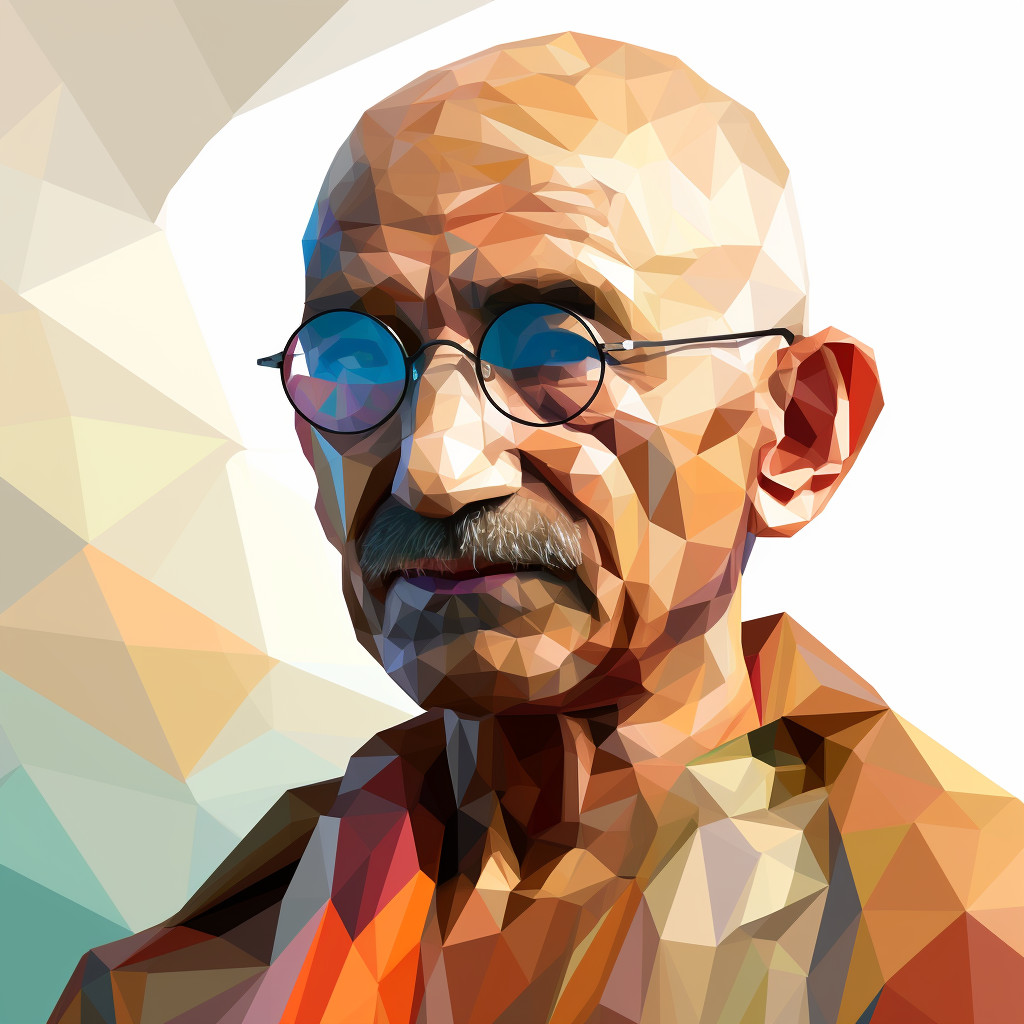This quote by Mahatma Gandhi is a profound reflection on the nature of God as perceived by him. It emphasizes the positive attributes of God, suggesting that God embodies all that is good, pure, and true in the universe.
When Gandhi says, “God is Light, not darkness,” he is referring to the divine as a source of enlightenment and wisdom, as opposed to ignorance and confusion symbolized by darkness. This suggests that seeking God can lead us to clarity, understanding, and knowledge.
The statement “God is Love, not hate” reflects the belief that God is the embodiment of compassion, kindness, and love. It contrasts with hatred, which is often associated with conflict, violence, and suffering. This implies that aligning with God means embracing love and rejecting hate.
In saying “God is truth, not untruth,” Gandhi is asserting that God represents ultimate reality and truth, as opposed to falsehood and deception. This suggests that the pursuit of God is also the pursuit of truth.
The final statement, “God alone is great,” underscores the idea that all greatness comes from God, and that human greatness is insignificant compared to divine greatness.
In today’s world, this quote can be applied in several ways. For example, in a society increasingly divided by hatred and misunderstanding, the idea that “God is Love, not hate” can be a call to reject hate and embrace love and understanding. It can also serve as a reminder to seek truth in an era of misinformation and ‘fake news’.
On a personal level, this quote can inspire individuals to strive for personal growth and self-improvement. By seeking light (knowledge and understanding), love (compassion and kindness), and truth, individuals can align themselves more closely with what Gandhi perceived as the divine qualities. This pursuit can lead to a more fulfilling and meaningful life.
In conclusion, this quote by Mahatma Gandhi offers a profound and inspiring perspective on the nature of God and provides guidance for both societal harmony and personal growth.




